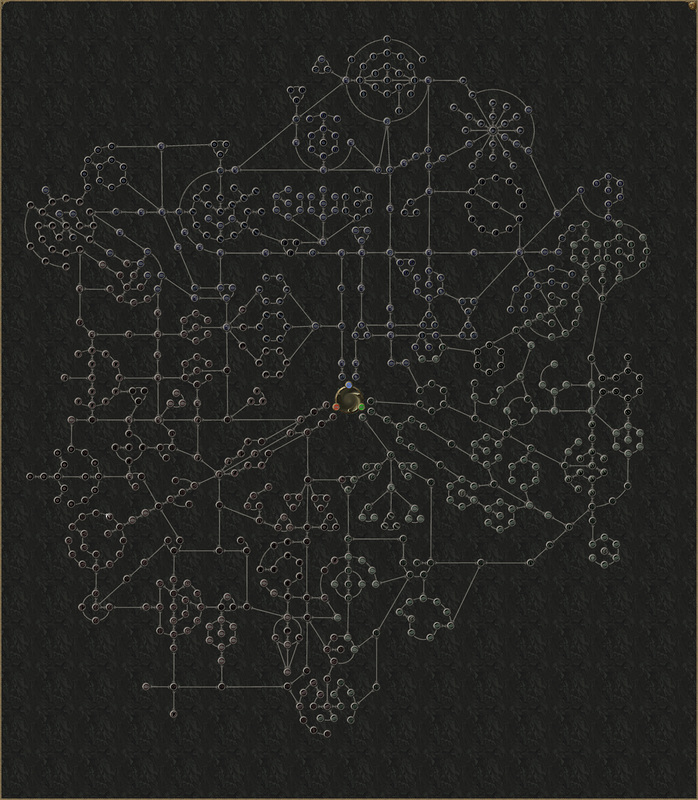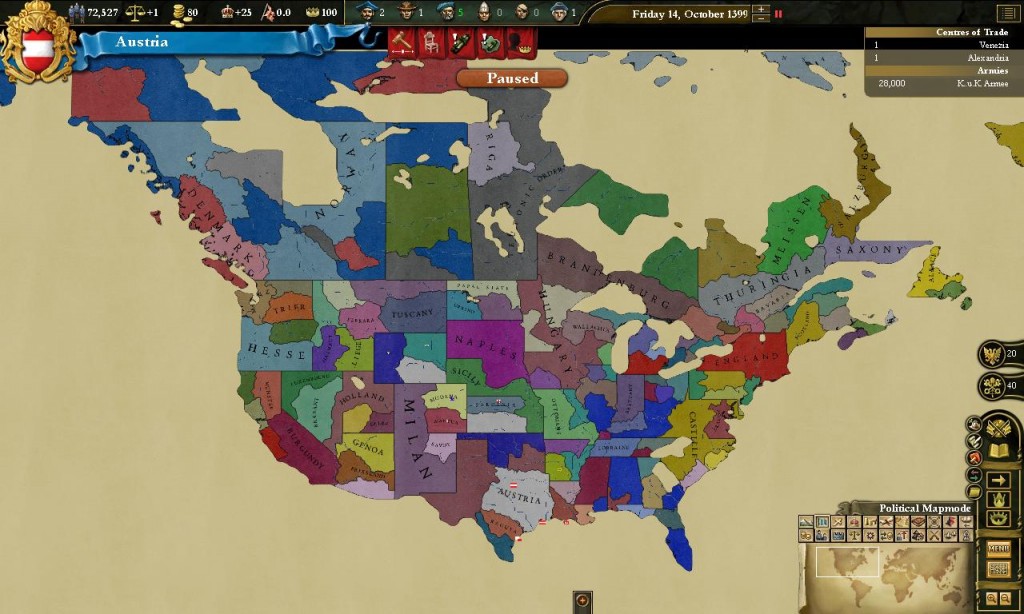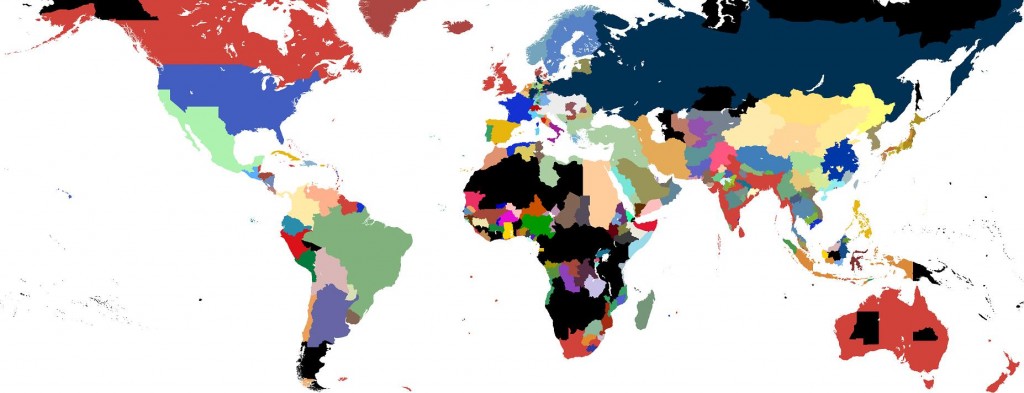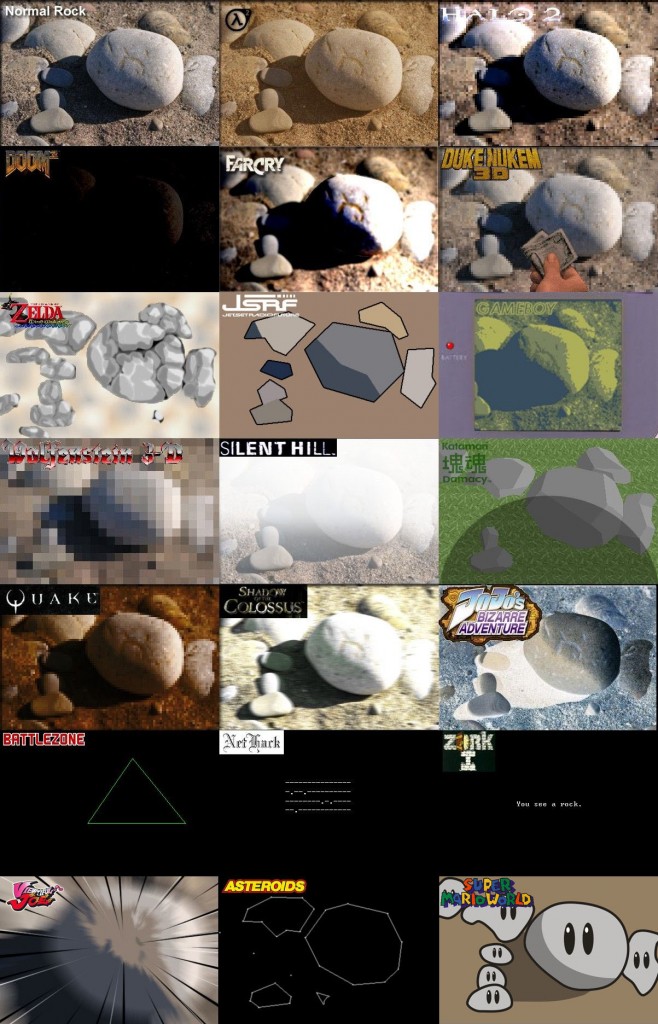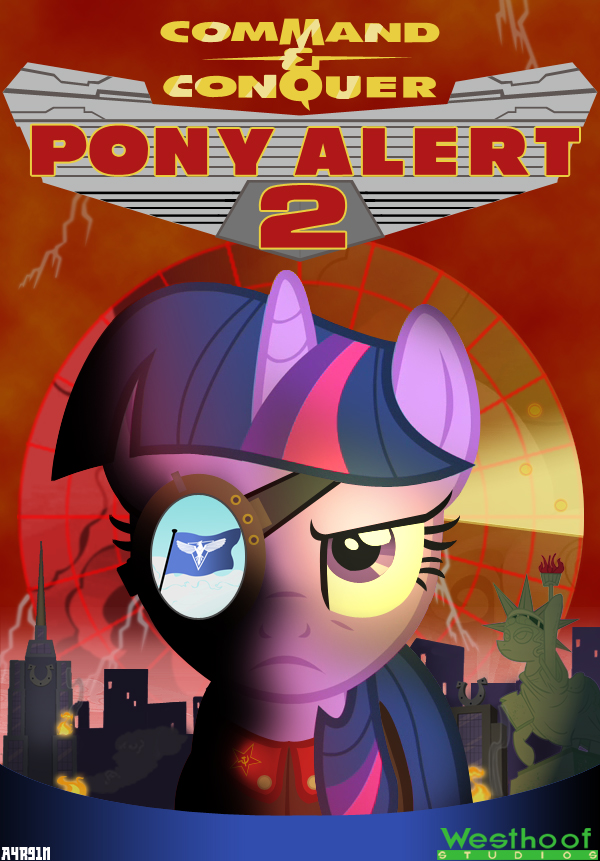Here’s a game I’ve been playing a lot over the last week or so. Sleeping Dogs began as True Crime: Hong Kong, which wasn’t tremendously promising because True Crime was never a very good series in my eyes. But after much kerfuffle, being dropped by Activision and then picked up by Squenix, and being renamed to Sleeping Dogs, it managed to come out. Anyone familiar with vaporware and the like will know that commendation must be given just for getting a working game out the door after that; what’s all the more surprising is that this game is damned good.
You are Wei Shen, a cop on loan from the San Francisco PD to the HKPD in order to go undercover and infiltrate the Sun On Yee, a large and powerful branch of the Triads. You do this through basically being a far greater threat to stability, the innocent, or the police than the Sun On Yee ever could. It’s great! The game features fairly typical free-roam gameplay on the surface, but it has a lot of polish and features inspired by other games. For example melee combat, which is by far the mainstay of combat in this game, with guns and shootouts being somewhat rarer than is common in the genre is similar to the Batman: Arkham games, whilst there’s a lightweight implementation of freerunning that, when done properly by you, makes getting around on foot through Hong Kong’s dense urban maze a good dear smoother and quicker. If this sounds derivative or shallow then I’m here to reassure you, because the game may take inspiration from other places and it may not implement any one thing with the same depth as its inspirations, but everything works together so well that you’re going to be enjoying yourself pretty much no matter what part of the game you’re partaking of.
The story – so far at least – is surprisingly well-realized, with some great characters who you grow rather attached to before terrible things happen to them. The voice acting is especially brilliant, with a mix of Cantonese and English that is quite unique and fascinating. On that note I’ve never been to HK but this game really sells the atmosphere like few others do; the look, the sound, the music, everything is pitch-perfect and makes you feel like you’re there, even if you’ve never been. (And I’ve seen people who have been there say it’s a pretty striking representation.) The only real downside of the game is that the city is fairly small, but the extent to which it feels small varies considerably. They used a lot of tricks to make it seem bigger than it really is, and for me it works great because I’ve never yet felt at all confined. And what is there, generally speaking, is absurdly detailed.

The music deserves a special mention. There are some absolutely great tunes in this game, and it definitely features the best (and best-named) classical station I have ever heard in any such game, Boosey & Hawkes. Tell me that’s not the best possible name for a radio station. And rolling through a nightclub, screaming people everywhere, having a shootout while Hudson Mohawke’s FUSE is blaring out? Baller as all hell.
So if you’re looking for an open-world crime game you could do a lot worse than Sleeping Dogs. It’s not just a game that escaped from development issues to be released; it’s a game that did that, then both shed a rather ropy pair of predecessors, and then came out to be seriously impressive. I challenge anyone who plays it to refrain from starting to use Chinese words.
And in closing, Activision can eat all of the shit.


